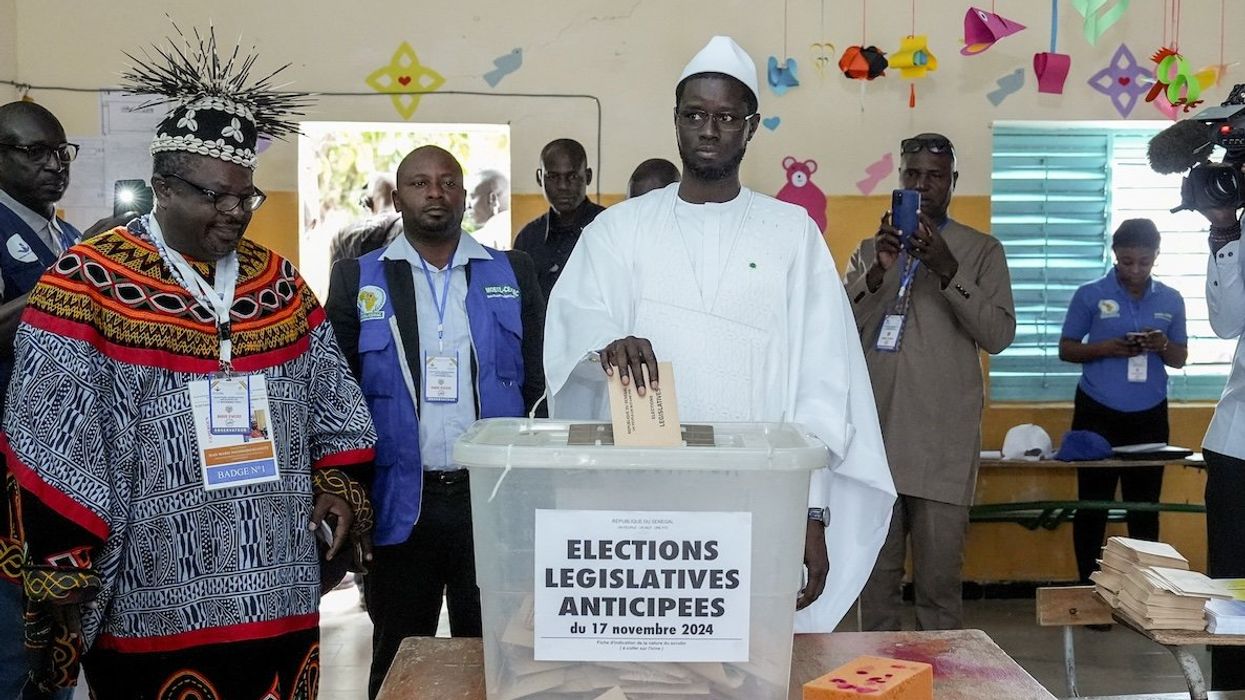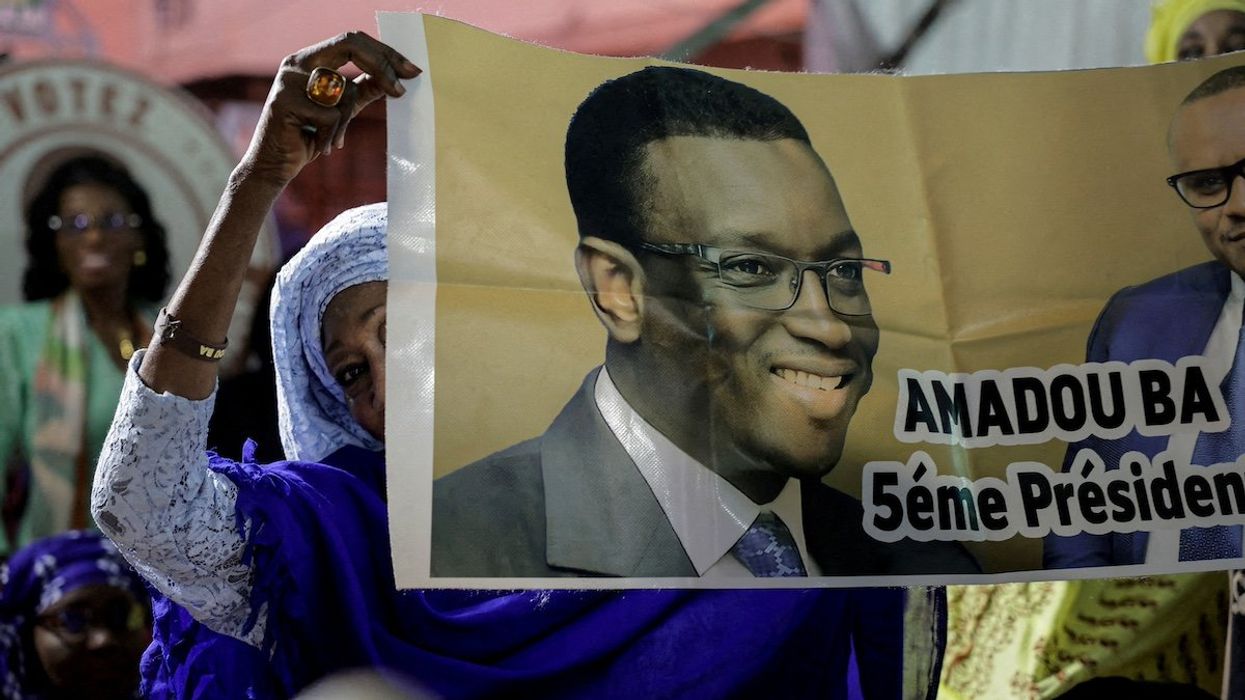What We're Watching
Senegal goes to the polls
President Bassirou Diomaye Faye called the snap vote eight months after taking office, seeking a majority mandate for economic reforms as the country grapples with high inflation and widespread unemployment.
Nov 17, 2024



